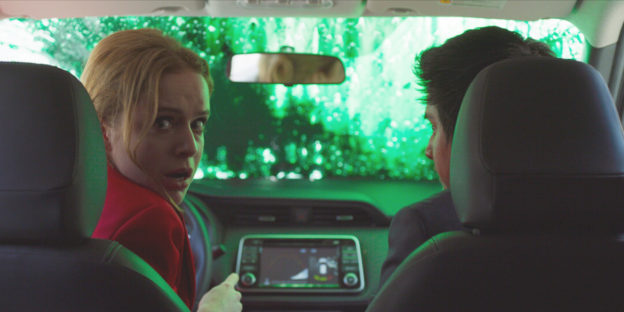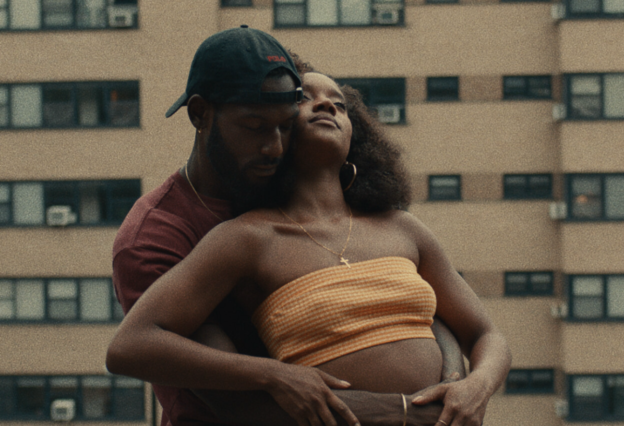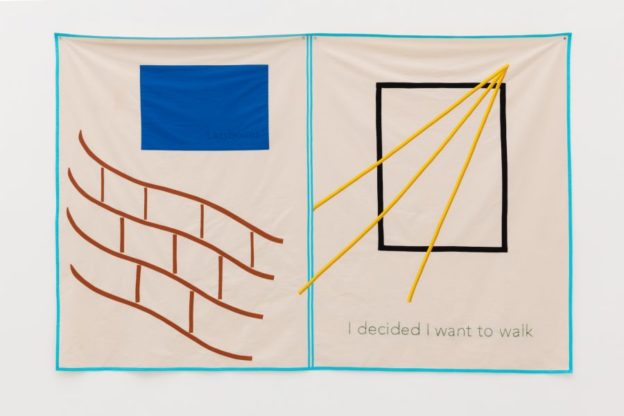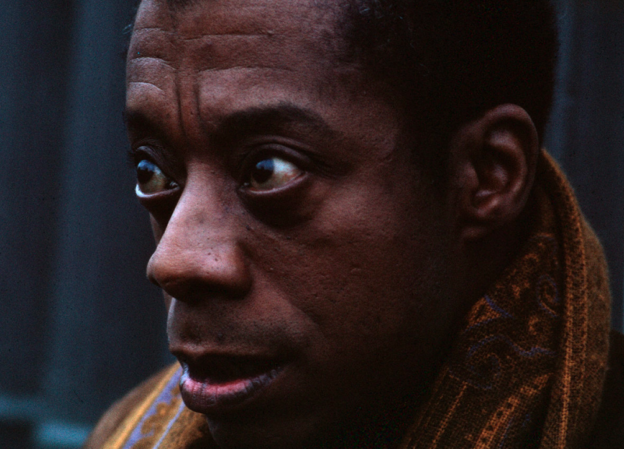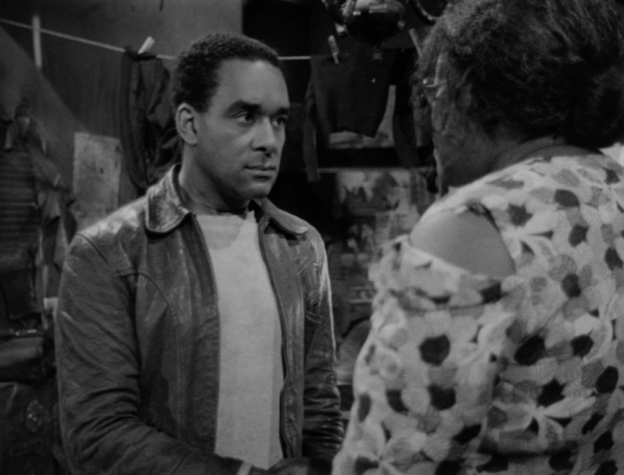Michel Franco has said that his current film NEW ORDER is not political per se, but rather “an exploration of the social aspects” of how his characters interact with one another as Mexico City implodes in an emergency of class warfare. The director’s claims aside, NEW ORDER is a trenchant political thriller, told in broad, crude strokes that reflect the egregious inequities that poison daily life in the capital.
In Franco’s short, sharp shock of pulp dystopia—the running time is 88 minutes—the poor and the brown raise arms against their rich, pale-skinned employers and oppressors. According to anthropologist José Ignacio Lanzagorta, “it’s impossible to talk of class and poverty without touching the topic of race. It’s very clear that the distribution of income in Mexico is very racialized.”
In this tale of citizen versus citizen, the military is the third element, playing a wild card of disparate factions and divided loyalties. The exponential growth and overcrowding of contemporary Mexico City has, in fact, been met with a highly visible military presence. It goes without saying that in the creation of any “nuevo orden,” redeemable characters are expendable and a fascist expedience prevails.
This AFI Fest presentation will stream through the end of this year’s festival. See link below for details.

AFI Fest Presented by Audi.
Streaming.through October 22.
Following the film, AFI FEST Senior Programmer Claudia Puig leads a conversation with filmmaker Michel Franco.

Michel Franco, New Order (2020), from top: Naian Gonzaléz Norvind (left) and Fernando Cuautle; New Order poster courtesy and © Teorema; Cuautle (left); Dario Yazbek Bernal (left), Patricia Bernal, and Diego Boneta. Images courtesy and © the filmmaker and Teorema.


